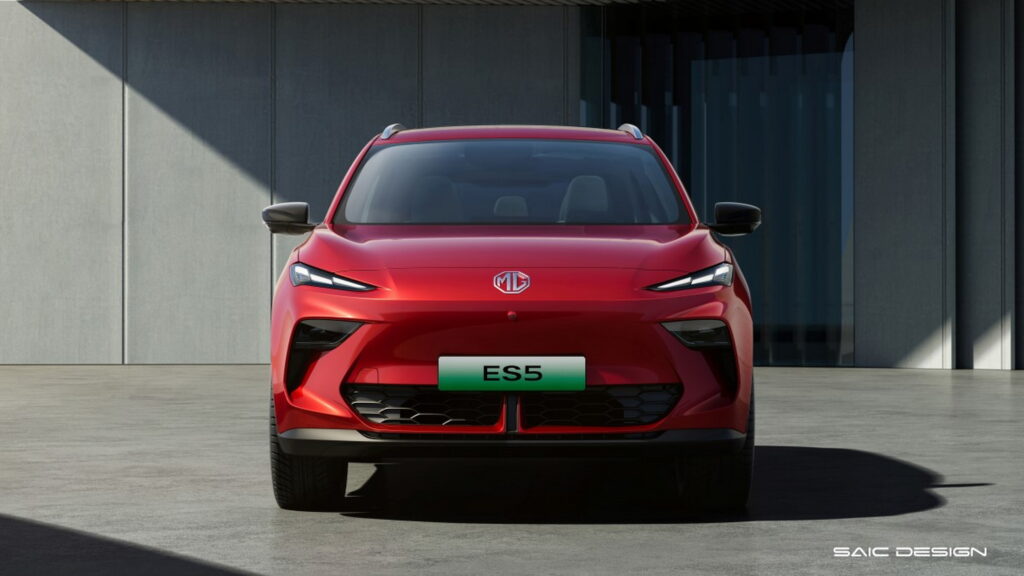- The EU and China are negotiating a minimum pricing system to address EV tariff disputes.
- Chinese EVs face tariffs of up to 45.3%, with varying rates depending on their subsidies.
- Germany, who had fiercely opposed tariffs right from the start, has backed negotiations.
Months after the EU imposed hefty tariffs on Chinese-made EVs, officials from China and the European Union are reportedly working on a deal that would allow them to avoid relying on those tariffs. Instead of sticking with tariffs, the two sides are now exploring the idea of setting minimum prices for China’s EVs as a potential solution.
Read: BMW Teams Up With Chinese EV Makers To Fight EU Tariffs In Court
A spokesperson from the European Commission confirmed that EU trade commissioner Maros Sefcovic and Chinese commerce minister Wang Wentao recently had a chat and agreed to explore the minimum price idea. At this stage, more discussions are in the works, though no specifics have been shared just yet.
What’s on the Table?
As of now, there’s no clarity on what these minimum prices might look like. Sefcovic spoke with Reuters, emphasizing that any pricing rules would need to be just as effective and enforceable as tariffs, without creating additional complications.
The European Union imposed tariffs on Chinese-made EVs last year following a lengthy investigation to see if Chinese brands received unfair subsidies from their government, allowing them to build and sell EVs for far less than most Western rivals. Newly-enforced tariff rates vary depending on how much assistance individual brands received and how cooperative they were with the EU’s probe.

For example, Chinese conglomerate SAIC received the harshest penalty: a 35.3% tariff on top of the pre-existing 10% import duty. Other companies, like BYD and Geely, were hit with tariffs of 17% and 18.8%, respectively.
The decision to impose tariffs was far from unanimous. Ten EU countries voted in favor, but 12 abstained, and five voted against. Notably, Germany opposed the tariffs, and the country is now pleased that talks are underway to find a more balanced solution.
“Regardless of current global developments, it must also be discussed here how to reduce obstacles and distortions in international trade, rather than building new hurdles,” Germany’s auto industry association, the VDA, said in a statement.
As the negotiations continue, it remains to be seen whether this minimum pricing strategy will gain traction or if it will be another attempt to sidestep deeper issues in global trade.




